How to Arrange your budget: your finance made easy
A healthy financial life must include arranging your budget. In order to make sure you always have enough money for the things that are actually important to you, budget enables you to plan out your spending. These budgeting techniques aren’t limiting; rather, they provide you a clear view of the money you have to spend and may even enable you to find extra money that you can utilise more effectively. Budgeters position themselves for faster debt repayment, long-term savings success, and prudent spending. The best part is that forming effective budgeting habits just requires a few simple changes to your daily financial routine.
Create your budget before the beginning of the month
IMAGE CREDITS: Unsplash.com
Plan beforehand to keep your spending under control. Plan your upcoming month’s activities and costs one week before the new month begins. One month you might have a road trip or a vet visit, but not the next. Create a sensible budget once you’ve planned out your entire month. Utilize our software to breakdown your earnings, required costs, optional expenses, and contributions to savings.
Zero budgeting
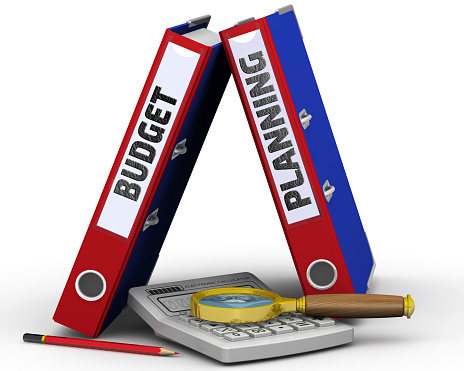
IMAGE CREDITS: istockphoto.com
Budgeting to zero is keeping track of every dollar you earn and allocating a spot in your budget for it until you have no money left over. Let’s imagine you make $4,000 every month, for instance. You shouldn’t have any money left over after budgeting your fixed costs, savings contributions, investments, and any extras. By creating a budget with no spending, you can see where your money is going and give each dollar you make a purpose.
Arrange your budget in a right way
IMAGE CREDITS: Unsplash.com
To guarantee success right away, equip yourself with the appropriate resources. Use an app to manage your finances, such as Mint, or to track your spending on things like groceries and medical bills. Strong budgeting tools may assist you in seeing exactly where every dollar is going, keep you on track with goals and obligations, and alert you when you’ve gone over budget in a particular category.
Needs and wants in budget
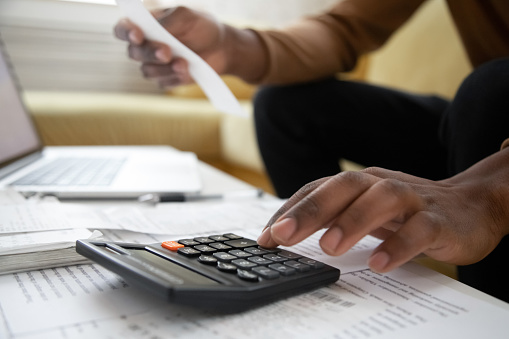
IMAGE CREDITS: Unsplash.com
“Needs” are anything necessary for your fundamental physical, psychological, and financial well-being. For example, consider food, rent, and debt repayment. These may be found in Mint’s online budget planner and should always be taken into account. Everything else falls into the category of “wants.” Budget for these expenses as well! Think about the 50/20/30 guideline, which recommends allocating roughly 30% of your income on non-essentials that will improve your lifestyle.
Organize your bills
IMAGE CREDITS: Unsplash.com
In case you need to go back to a bill to dispute it, keep your receipts and bills organised. For tax purposes, this might also be useful. You can opt to physically file using expandable or hanging folders. If you do this, arrange your documents according to month or account, depending on which makes the most sense to you. You might choose to file everything electronically if you mostly receive your invoices and receipts via email.
Maintain different accounts for your budget
Many people have found success in organising their finances with multiple checking accounts. For instance, having a separate checking account for set expenses like rent and auto loans makes it simple to determine how much money you must spend each month on more flexible budget areas like food.
Debt payment is important
IMAGE CREDITS: Unsplash.com
It may be more beneficial to put off starting a budget and saving money for a vacation or automobile and instead concentrate on eliminating existing debt. Setting debt priorities may help you save on interest costs and lessen your financial stress. Because debt influences credit use, it’s crucial to keep your debt levels low. Be aware that if your credit utilisation exceeds 30% of your credit limit, it could hurt your credit score.
Arranging your finance is a fun
Making provision for recreational expenses is a common strategy for good budgeting. You’re far more likely to succeed in staying on track with your spending when you know you have some wiggle room to catch a movie, splash out on a facial, or check out a new bar. This might be compared to a scheduled cheat day for your budget.
Saving over spending

IMAGE CREDITS: Unsplash.com
Most people opt to spend money first and then save the rest. Savings are no longer required and become discretionary as a result. Consider saving as a fixed item and adjust your budget as necessary. Spend your leftover money instead of preserving it, as the saying goes. Warren Buffett is impossible to refute.
Budget and retirement
It’s never too early to being saving for retirement, despite the likelihood that you have already heard this. Because it’s free money, if at all possible, take full use of your employer’s retirement matching programme. By getting started as soon as possible, you can avoid more hardship on your finances as you try to catch up.
Splitting your direct deposit

IMAGE CREDITS: Unsplash.com
If your work offers direct deposit, think about configuring it so that a particular portion of your pay check goes directly into your savings account. In this manner, automation takes care of the task, so you don’t even need to include saving in your budget. There is one less thing to remember to do!
Arranging budget involves risk
Even with meticulous planning, sometimes unforeseen costs are unavoidable. Unpredictable occurrences include car repairs and ER visits. The importance of including an emergency reserve in your budget is due to this. You decide how much money you wish to set aside; we advise having at least $1,000.
Plan large purchases
IMAGE CREDITS: Unsplash.com
The secret to buying an expensive item, like a new laptop or TV, is to prepare ahead. Choose a date for the purchase, then divide the cost by the number of days you have. You only need to save $5 per day, for instance, to buy a $1,500 computer in 300 days. This prevents you from charging the item to a credit card, which could result in you incurring significant debt and paying interest charges up until the balance is paid in full.
Arrange your budget monthly
A budget shouldn’t be rigid because needs can change at any time. To gauge how effectively you’ve been adhering to your budget, think about reviewing it every month. If you see that you routinely spend more in one category than another, balance your budget to make it more realistic.
USEFUL LINKS:
- https://mint.intuit.com/blog/budgeting/tips/#entry-content
- https://www.thebalancemoney.com/budgeting; -101-1289589
To know the best lamps helpful in working at night, see: https://theperfectblogger.com/best-desk-lamp-for-working-at-night/

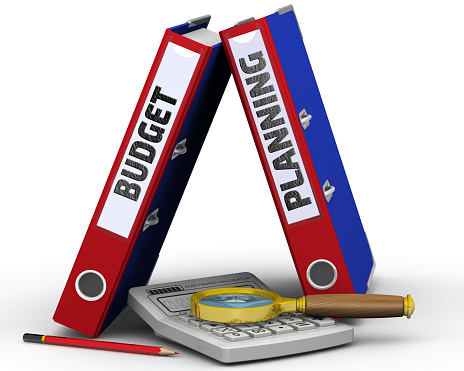
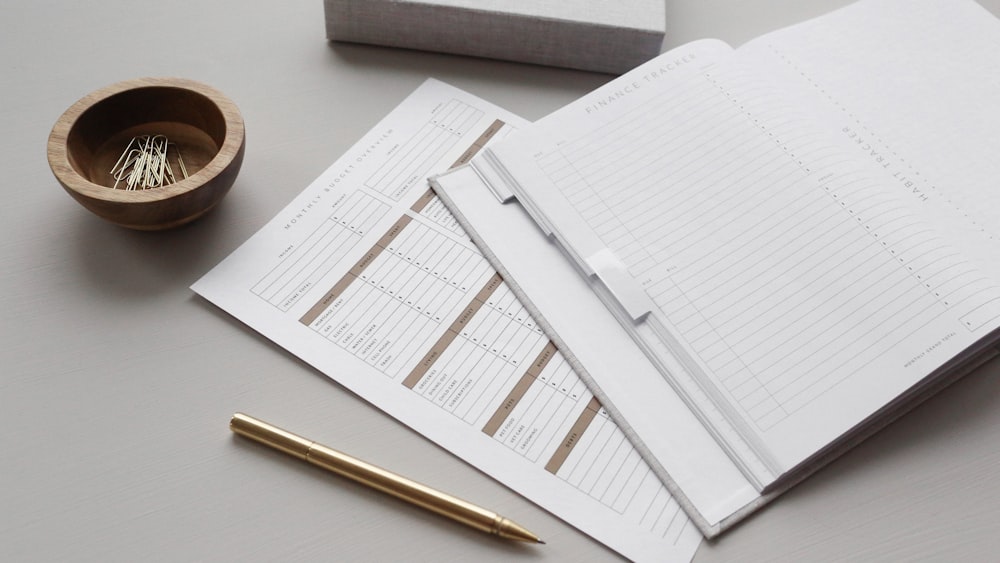
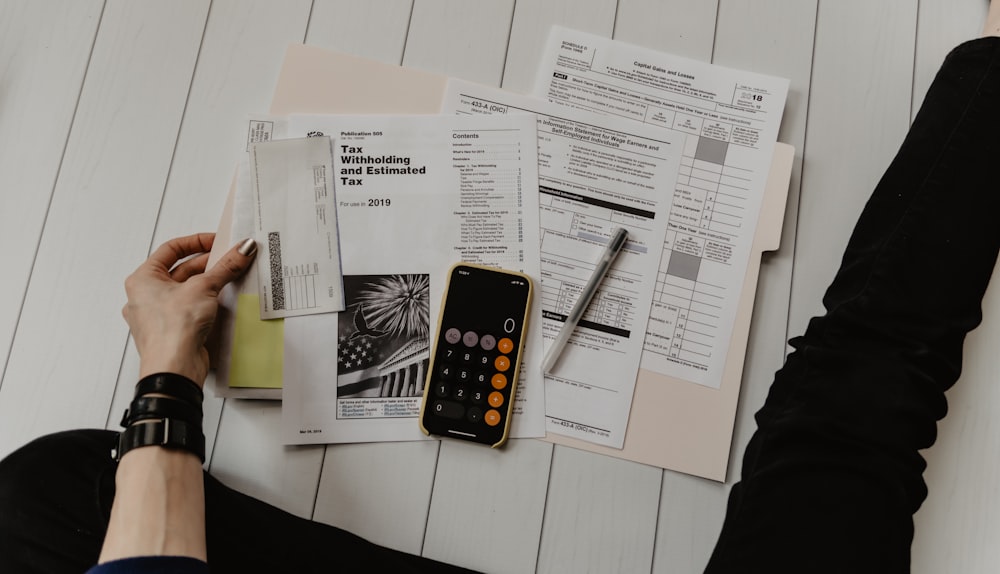


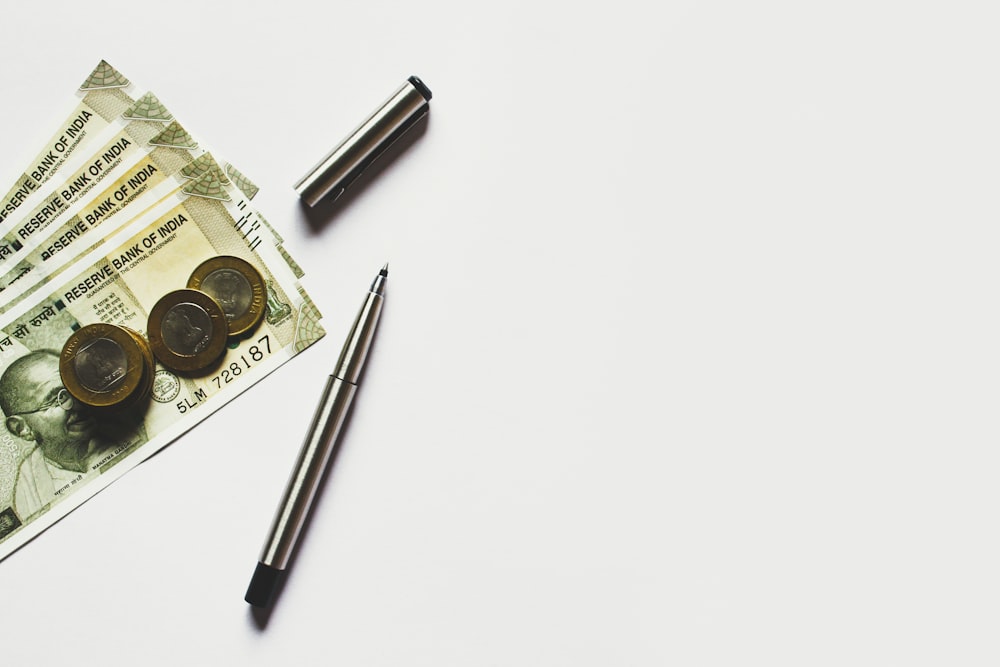



4 Comments on “How to Arrange your budget: your finance made easy ”